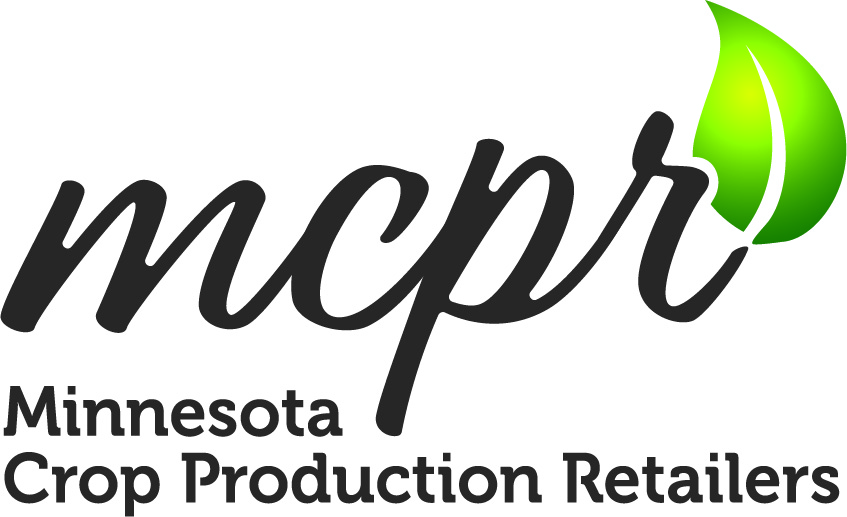Challenges for Developing and Implementing Soil-test Interpretations and Fertilization Guidelines – An Iowa Perspective
Developing soil-test interpretations and fertilization guidelines includes many challenges not limited to field and laboratory research methods. There are several soil testing methods for a particular nutrient, and some are best for specific soils than for others. Then, there are no widely accepted data management or statistical methods to define soil-test values or ranges that differentiate potentially responsive from non-responsive soils or amounts of fertilizer to apply. Moreover, both soil sampling and testing are not perfect, and the development of guidelines involves subjective considerations such as economics, land tenure, and producers’ attitudes towards uncertainty and risk. The presentation will address some of these issues using Iowa data and concepts for phosphorus and potassium management that should be useful to Minnesota producers and crop consultants.
Speaker: Antonio Mallarino, Iowa State University
Biography: Antonio Mallarino is Professor Emeritus, Department of Agronomy, Nutrient Management, at Iowa State University (ISU). He retired in December 2023 but continues some activities by finishing research reports, helping finish his graduate students, and contributing to extension activities. His work has focused on phosphorus, potassium, lime, micronutrients, manure nutrients management, soil testing/plant analysis, use of precision agriculture technologies for nutrient management, and management practices impacts on phosphorus loss from fields. He was co-responsible for ISU Extension nutrient management guidelines, co-developed the ISU Extension Soil Fertility website, and contributed to the development of the Iowa Phosphorus Index and the Iowa Nutrient Reduction Strategy. He represented ISU at the USDA/NIFA committees NCERA-13 (North Central Region Committees Soil Testing and Plant Analysis) and SERA-17/IEG (Minimizing P Losses from Agriculture). He served at the North American Proficiency Testing Program (NAPT) oversight committee and as Associate Editor of both Agronomy Journal and Soil Science Society of America Journal.
